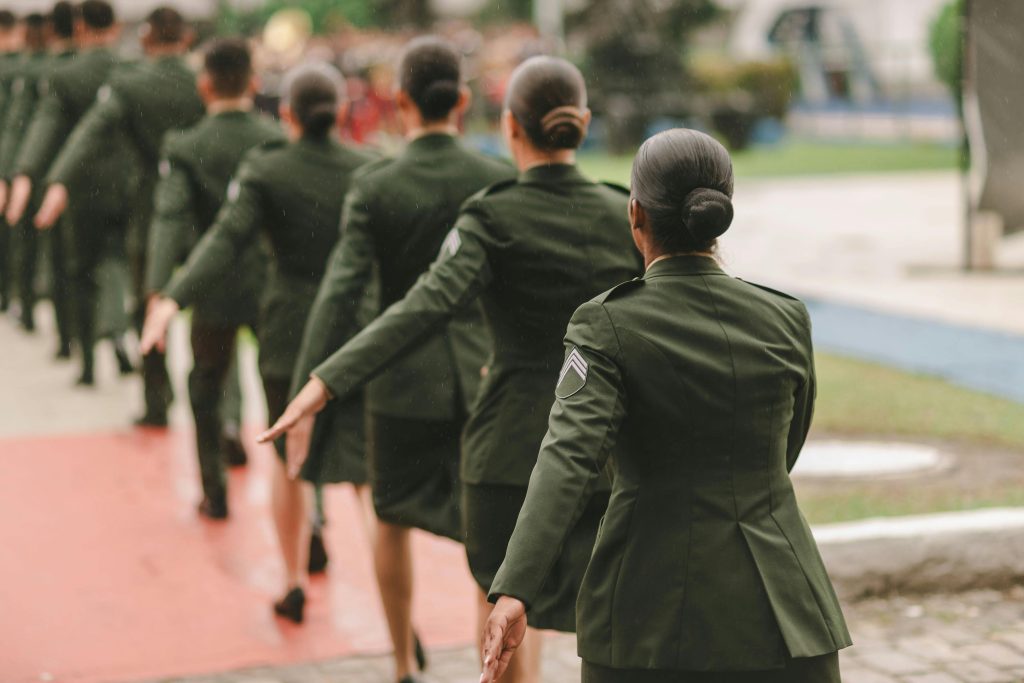Women, Peace and Security (WPS) and NATO
Gender equality and the Women, Peace and Security (WPS) Agenda are critical to sustainable peace. NATO has a unique and important role to play in advancing WPS as both a strategic and operational imperative. NATO recognises the distinct and disproportionate impact that instability, crisis, conflict, and post-conflict situations have on women and girls. Women and girls face declining safety and security, and their rights are being eroded globally. Additionally, the WPS agenda reinforces the importance of understanding the threat through a gender lens.
Effective implementation of the WPS Agenda requires mainstreaming gender-responsive approaches across the three core tasks of deterrence and defence, crisis prevention and management, and cooperative security. In ever faster changing geopolitical landscapes, developing gender-responsive, intersectional, and human-rights based approaches to both NATO and external operations is key to achieving impactful change and sustainable peace.
The Terrorism & Conflict Studies Research Group has been actively involved in advancing the Women, Peace, and Security (WPS) agenda over the years, ensuring that gender perspectives are embedded in design, implementation, and evaluation of counter-terrorism policy and programmes, including through European Union and NATO member state funded programmes. This work helps close the gap between high-level policy commitments and practical implementation of the agenda in NATO member and partner countries. The team have extensive experience providing guidance for mainstreaming gender at international, national, and programmatic levels.
Publications
The Women, Peace and Security Agenda in NATO and Beyond: The Way Forward
The report builds on the RUSI Europe – RAND Europe policy roundtable discussion held at our office on 20 January, moderated by RUSI Director General, Rachel Ellehuus. The roundtable was attended by NATO and EU officials, and representatives of NATO member and partner countries.
Project team
- Dr Jessica White, Acting Director, Terrorism and Conflict Research Group, has almost 15 years of experience in the defence and security space. She has been a Gender Advisor on a range of projects, including for the United Nations, OSCE, and the EU. Dr White also serves as a Gender and Human Rights experts at UNOCT in support of the Gender & Identifies Factor Platform, and is the author of Gender Mainstreaming in Counter-Terrorism Policy: Building Transformative Strategies to Counter Violent Extremism.
- Isabella Vogel, Project Manager, Terrorism and Conflict Research Group, oversaw key initiatives such as the Gender and P/CVE Policy Toolkit and the Gender and Identities Factor Platform at the GCTF, working in close consultation with key partners such as GCERF, Hedayah, the IIJ, the Council of Europe, OSCE, CAERT, and the UN Global Counter-Terrorism Coordination Compact.
- Balázs Gyimesi, RUSI Europe Communication and Events Manager designs and implements the Brussels office’s outreach strategy and produces research on strategic communications. Previously, he managed communications on integrity and countering disinformation, and produced research on anti-corruption communications at the OECD Public Sector Integrity Division.

